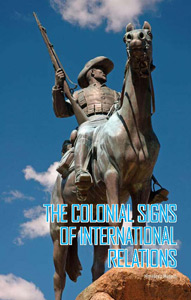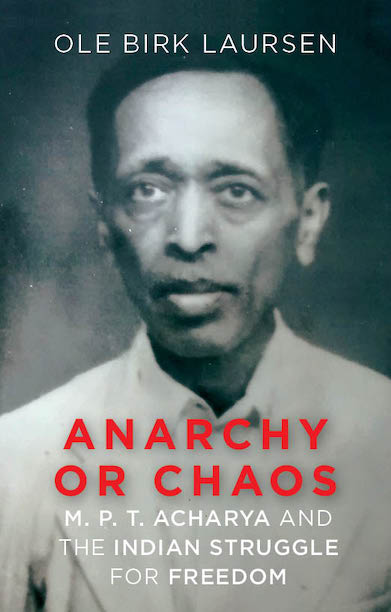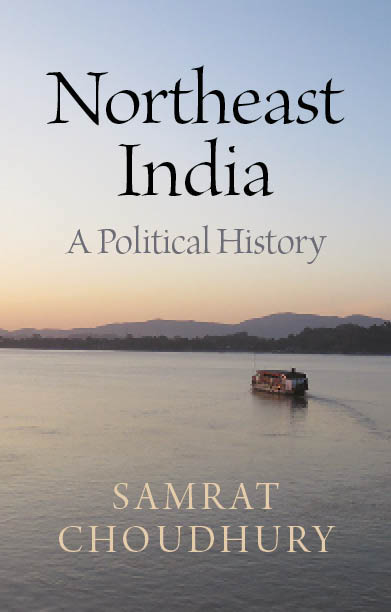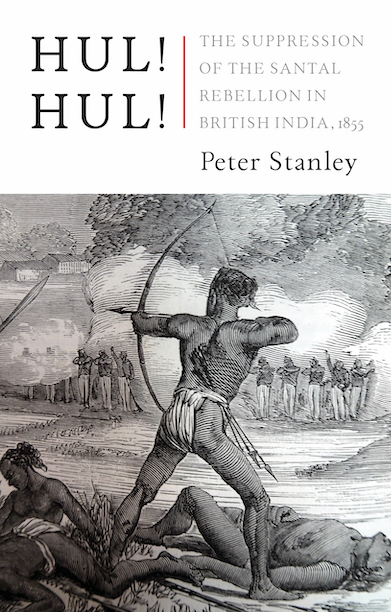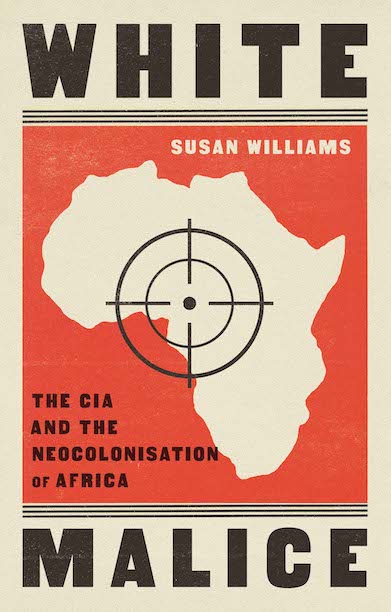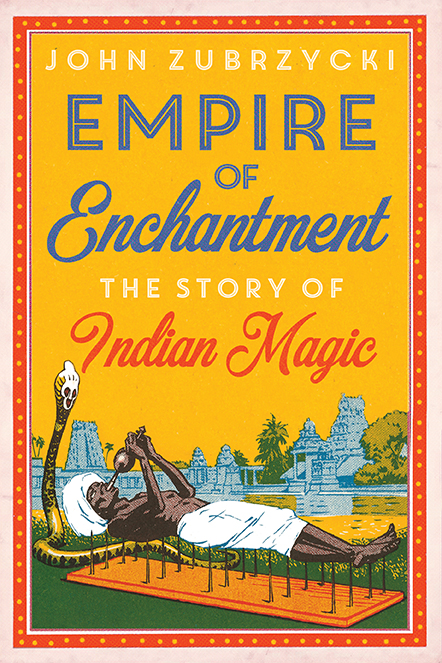Description
Himadeep Muppidi’s book traces the subtle influence of colonial forms of knowledge on modern schools of international relations and follows the translation and transformation of this knowledge within post colonial settings. Concentrating on the way in which individuals and institutions read their historical past in light of contemporary criticisms and concerns, Muppidi finds that certain methods for discussing or representing the colonized have become acceptable while others have been condemned. Both, however, can be equally colonial in intent and purpose, and the difference in their reception lies in the ‘processes of translation’ that make one visible, the other invisible, and ultimately maintain the framework of a global colonial order.
Reviews
‘The Colonial Signs of International Relations is a beautiful, insistent, and searing work of art. Combining almost painfully lyrical prose with irreverent, incisive critique, Himadeep Muppidi exposes the unreflective colonizing impulses, intellectual denials, and ethical lapses that found the theories and practices of international relations. Grasping for the humanity in world politics and wondering at its absence, Muppidi charges us all. He implores us to do better but suggests that we cannot, turning the challenge on the reader. This is precisely why this book should be widely read.’ — Janice Bially Mattern, Department of Political Science, National University of Singapore
‘Carefully crafted and beautifully written, this accessible and bracing exercise provides students, scholars, practitioners, and the public with a sophisticated and nuanced explanation and illumination of an international relations that informs the very material and ideological conditions of our everyday lives. This smart, engaging, and challenging book holds up to us a mirror most of us will be unable to turn away from—no matter how much we may wish.’ — Eric Selbin, Professor of Political Science and University Scholar, Southwestern University
‘Muppidi’s indictment of international relations (IR) as complicit with contemporary colonialism, with imperial violence, is powerful. But it is more than that. The author lets none of us off the hook, including contemporary postcolonial theorists of IR. There is no innocent position and we are all made to feel our complicity. Feeling is not usually what we do when we read texts in IR. Muppidi is an essayist and a skilled one: the manuscript is exceptionally well written and the images are telling. Each essay explodes our taken-for-granted categories and ethical and emotional responses. The book brings you to tears and to laughter. The chapters insinuate themselves into your very soul, refusing to let go, plaguing you long after you have put down the text. Whatever the intellectual power of critical IR, it can be a bit bloodless. You can’t smell the decay or the sweat of fear or humiliation as you can with Muppidi’s text. I believe this book will be used widely. It certainly deserves to be.’ — Professor David Blaney, Department of Political Science, Macalester College
‘Himadeep Muppidi brilliantly and sensitively excavates the complex political sites where the ideational and material aspects of bodies intersect. This is a refreshingly personal inquiry which invites the reader into a complex and engaging series of conversations about why we need to shift our ideational frameworks from the post-colonial to the anti-colonial. Muppidi challenges the reader to rethink how humanitarian discourses embody suffering as a tactic of silencing, effacement and recolonisation.’ — Rosemary E. Shinko, Visiting Assistant Professor, Department of International Relations, Bucknell University, USA
‘A great book that brilliantly traces multiple signs of colonialism in current manifestations of global imperial power in museums, zoos, camps and IR and IPE theories. He powerfully shows us how these sites have as their goals, indeed their life commitment, to “contain, hide, and keep invisible the ‘founding violence’ involved in making the specimen available for our grasp.” A daring, brilliant and passionate exposition of the colonial violence that founds world politics.’ — Anna M. Agathangelou, York University, Toronto
Author(s)
Himadeep Muppidi is Associate Professor, Department of Political Science, Vassar College, and author of The Politics of the Global.
